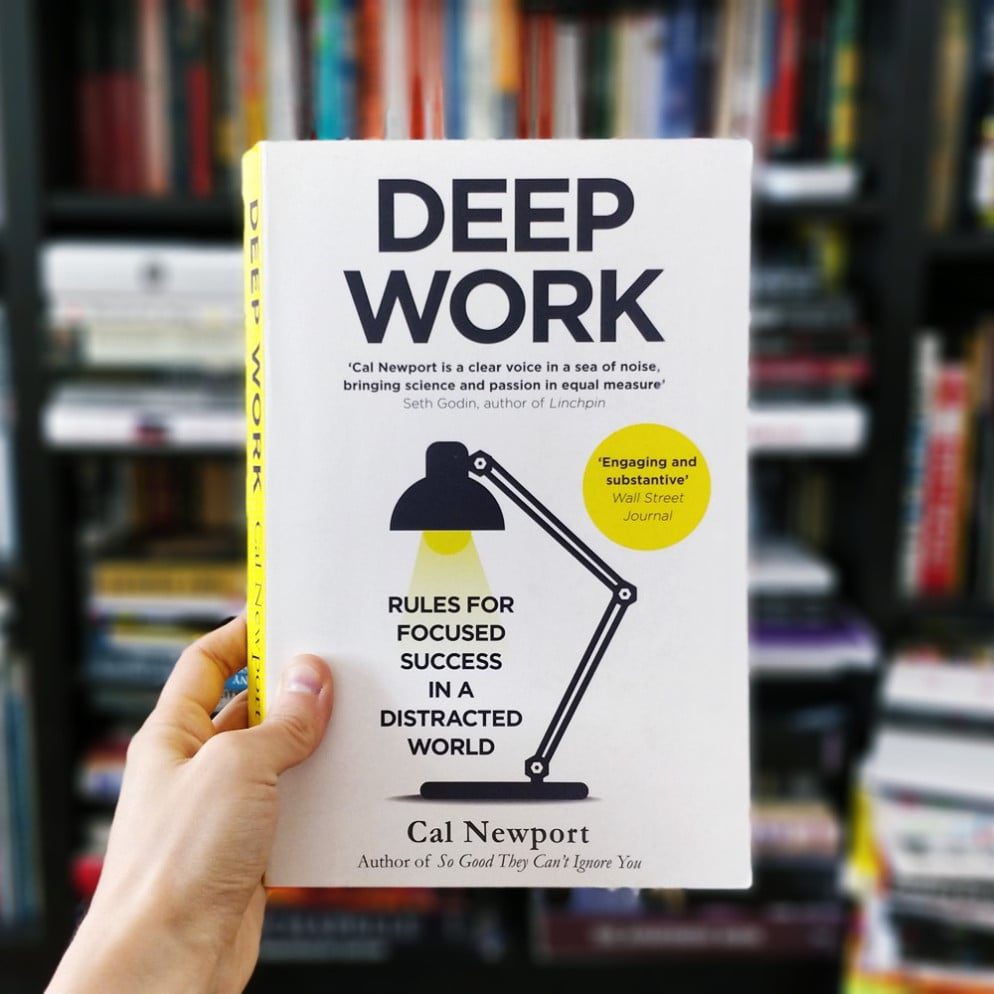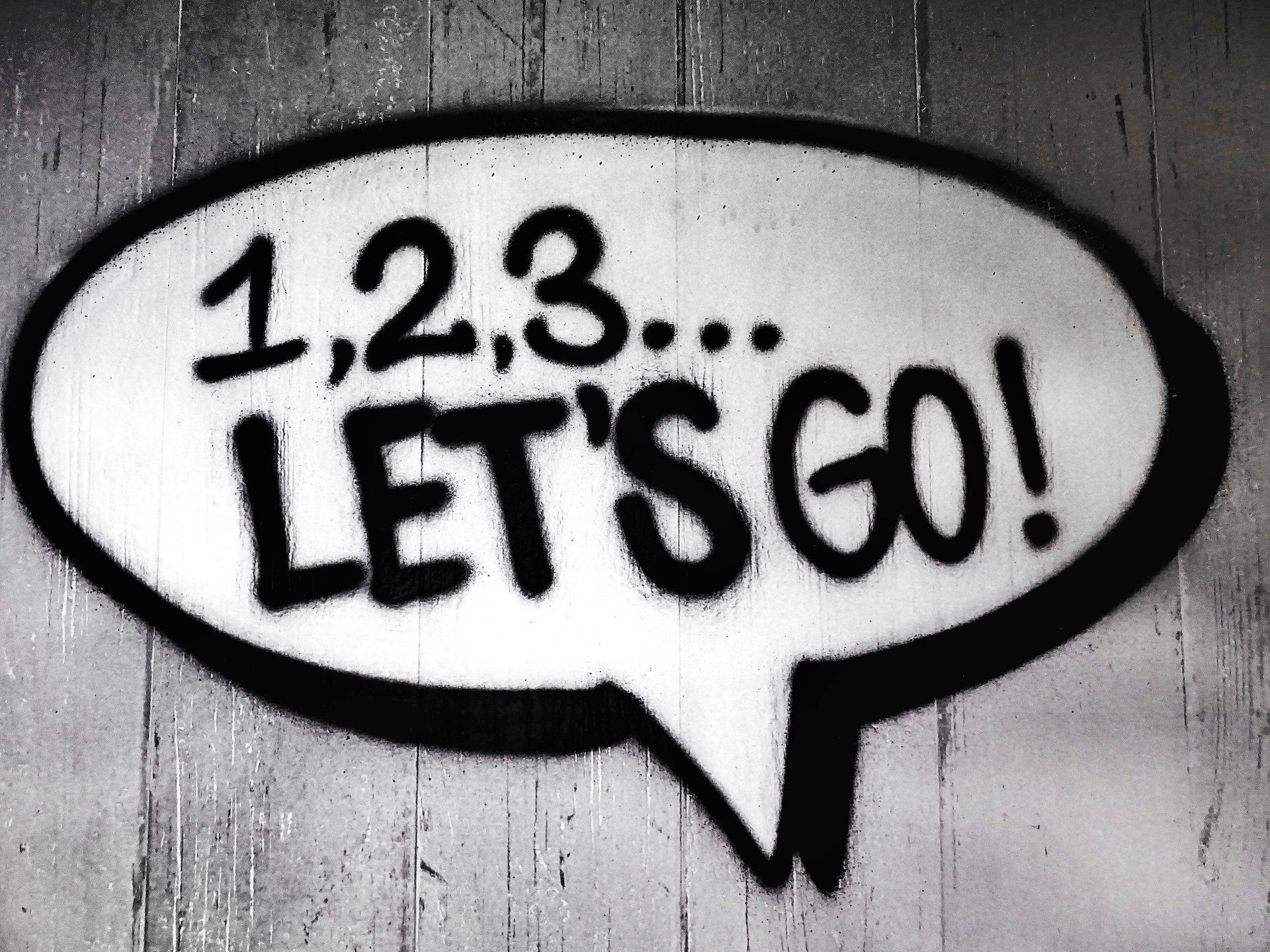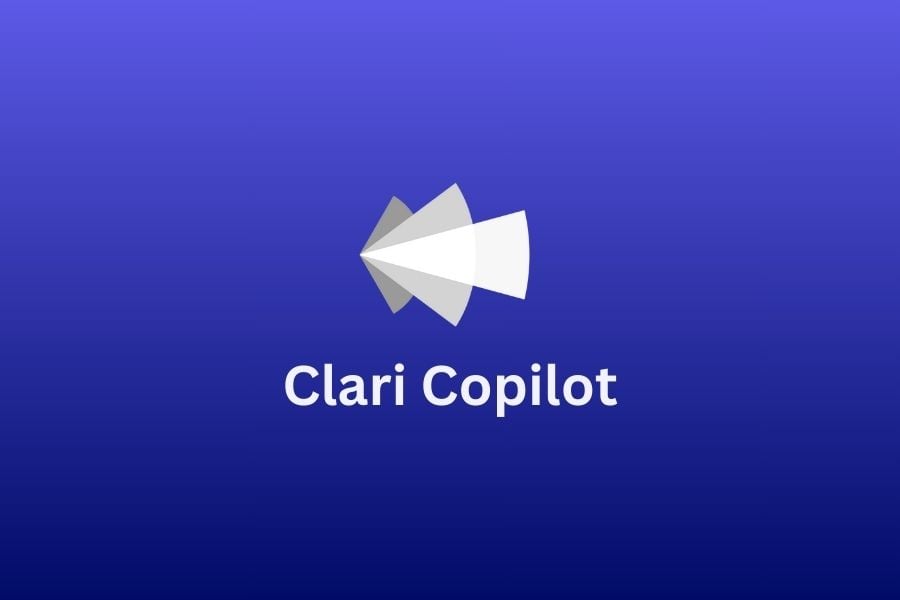Since joining tl;dv, a fully remote company, I’ve immersed myself in theories and concepts on the subject of remote of asynchronous communication. At our company, this has meant a culture of recorded and more productive meetings – as well fewer meetings overall. It is has also meant a commitment to communication principles that promote deep work.
I’m no stranger to the hectic fast-and-furious style of communication at many companies. I’m also no fan of it. I began researching remote work principles for better productivity. As my research took me further down the rabbit hole of thought leadership on this topic, I stumbled across the book Deep Work by Cal Newport.
The book explores how we can improve our focus by limiting distractions, and by consciously building upon our cognitive focus skills.
Newport argues that the ability to focus is one of the most important and valuable skills we can have in this day and age, and yet the skill is increasingly rare among today’s workers and students.
In this article we’ll tackle some of the key findings of Deep Work by Cal Newport. I’ll also share some of my personal experiences applying the concept at tl;dv, where we practice ‘deep work’ every day. You’ll also find a free PDF of Newport’s Deep Work so you can read some of his insightful writing for yourself.
In this article
- Cal Newport
- Summary of Deep Work
- Why Deep Work?
- Essential rules for staying focused
- Deep Work @ tl;dv
- Best Quotes from Deep Work
- Deep Work by Cal Newport: RSS, PDFs & podcasts |
Download our free PDF
Who is Cal Newport?
Cal Newport’s books have been the talk of town ever since the release of his debut, ‘So Good They Can’t Ignore You’. His books have sold a whopping 200,000 copies all over the world. After the success of his first book, Newport furthered his reputation as an analytic commentator on modern work culture with Deep Work, making him a New York Times bestselling author.
A computer science professor at Georgetown University, Cal has now written six more books, and has seen his work translated into over 35 languages. In 2007, Cal rose to prominence due to his Study Hacks blog, which helps millions study efficiently in a distracted world.
Building upon the school of thought that underpinned his blog, Cal Newport penned the book that would introduce the concept of ‘Deep Work’. He divides this book into two parts: theory and practice.
A Summary of Cal Newport’s Deep Work
Combining cultural criticism with actionable advice, Deep Work explores how our attention spans have been impacted in the connected age – and how mastering concentration can unlock amazing potential.
In his book, Cal Newport explores what ‘focus’ has meant for some highly successful people throughout history – and how they’ve achieved it. He introduces rules to live by if you truly want to switch off from distractions and get stuff done.
We recommend this book to anyone who feels like their focus is disturbed on a daily basis. If your concentration is frequently split between notifications, activities, and an information overflow fighting for your attention, then you’ll benefit from the rules and principles outlined in Newport’s book.
Why do we need deep work?

Why is the world so receptive to Cal Newport’s Deep Work book and concept? Well, the answer is simple. I hardly need to point to the masses of research and studies that demonstrate how much our attention spans suffer from the demand of instant communication, social media, and flashy distractions everywhere we turn.
When was the last time you were able to spend three or four full hours concentrating on a single task at work? Chances are it hasn’t happened in a long time, if ever. We all know the experience of endless emails streaming in, and the stress of replying to messages the moment they appear on our screen. We simply can’t find time in the day to focus on what matters – and it’s costing businesses huge economic losses.
Increasingly, people are beginning to realize how ineffective, exhausting, and unsustainable this way of working is. A growing number of companies are switching to async, communication, encouraging the disabling of notifications, and promoting ‘deep work’ across their organisation.
In other words, it’s no surprise that Cal Newport’s Deep Work rules for focused success in a distracted world is about as timely as a book can be.
Cal Newport doesn’t argue that distractions are bad. Rather, he motivates readers to build a new skill of absorbing complicated and diverse information, so they can remain productive – achieving results in a shorter time frame. Cal Newport’s book intends to help and motivate those of us aren’t sure where to start in reclaiming our focus.
Let’s dive into some of the key findings of Deep Work by Cal Newport!
Essential rules to follow according to Deep Work by Cal Newport
Switching between different emails, attending pointless meetings, and keeping up with social media is a daily headache. Some workplaces seem to reward those who look the busiest, irrespective of how ‘looking busy’ isn’t the same as ‘being productive’. In fact, many workplaces haven’t yet figured out how to measure productivity. How does one escape this vicious circle? Enter: Cal Newport’s Deep Work rules!
We’ve broken down Cal Newport’s Deep Work book into four essential rules that are not hard to understand, even if they may require some practice. Disclaimer: These rules only work when you’re commited to making a difference!
Deep Work rule #1: Practice deep work
Cal Newport believes that deep work is a valuable asset that is often rare to find in our day and age. Cal Newport believes (and I concur) that individuals have lost the ability to focus or immerse themselves in a complex task without quickly getting distracted. The Deep Work concept uses cognitive skills to enhance our focus and nurtures meaningful skills in an individual. So, how can you practice deep work?
Practicing deep work may come easier to some than others. For me personally, as an individual prone to distraction, focusing on a single task for an extended period of time seems like a mammoth feat.
According to Cal Newport, you must first decide your deep work strategy. There are four main philosophies here: Monastic, Bimodal, Rhythmic and Journalistic. This will be an essential part of any Cal Newport daily routine. I personally prefer an organic working approach and find I produce the best results when working without rigid structures.
For this, I prefer a deep work strategy that best allows me this organic approach.
Monastic philosophy
The Monastic philosophy aims to improve deep work by eliminating all the ‘shallow obligations’ around you. One focuses their time on performing deep work by keeping all distractions at bay.
Rhythmic and Bi-modal philosophy
If you struggle to keep up with the monastic philosophy, then maybe try out the Rhythmic philosophy. This will bring consistency in your life as you dedicate small and manageable chunks of your time exercising deep work, making it a daily habit. The way you allocate your deep working sessions should follow a rhythmic pattern, in accordance with your daily needs, schedule, or sleep-cycle, and so forth.
Additionally, Newport also suggests that you start dividing your days into deep work and shallow work, so that both become part of your daily routine – this is the Bi-modal philosophy.
Journalistic philosophy
Then lastly, we have the journalistic philosophy which spontaneously adds deep work into one’s day, whenever possible or desired! Seize an opportunity for deep work without the need to plan for it.
🔔🔔🔔🔔 Ding, ding, ding! Sounds like we have a winner! As someone who is naturally unstructured, appreciates variety, and can sporadically enter an intense deep work session without much preperation, the journalistic philosophy is the best fit for me.
In fact, I believe I may have already been exercising this philosophy unknowingly.
Have a read into the four Deep Working philosophies by Cal Newport to discover which type best suits your preferences and lifestyle – and how to implement it!
Cal Newport’s Daily Routine for Deep Work: Checklist
- Strategy? Check
- Decide on a routine? Check
- Practice Daily? Promise to do so!
- Reduce burnouts? This is the goal!
Deep Work Rule #2: Bye-bye social media!
Social media is a pest to our daily lives. Studies suggest over 70% of adults in the US use a social media platform daily. This isn’t astonishing considering how Instagram and Twitter gain hundreds of users every day. On average, we spend 142 minutes a day on social media – some of us a lot more than that.
It’s time to disconnect from Instagram, Twitter, Facebook, or any other social media app that keeps you glued to your phone for hours of your life. Scrolling social media fails to provide both meaningful results and meaningful rest in our lives. In other words, it’s a complete time waster.
Cal urges his readers to stand by the ‘Craftsmanship’ concept which helps you focus only on those tools that bring concrete benefits. In some cases, such a tool could arguable include social media. For instance, you might want to use Twitter for a concrete goal, like checking the news for ten minutes. Or perhaps you need to use YouTube so you can watch educational videos for a couple of hours per week, to help you upskill.
Thinking along the lines of ‘what value does this bring?’ forces you to add a goal for each social media tool used. When your purpose on a platform is clear, it’s easier to not get distracted.
Deep Work Rule #3: Don’t shy away from boredom
We’ve all experienced times when concentrating on something has felt downright impossible. While some of us frequently struggle to concentrate for even just an hour, but fret not! Studies suggest that a person can develop their concentration skills at any stage of their life with enough practice. Thank God! 🙏🙏
This notion is also advocated by Cal Newport. He argues we need to cultivate this skill to practice deep work. Adding an element of pressure and accountability can be a good idea. For example, you can be deliberate with your concentration efforts, allocating specific hours toward completing tasks and paying close attention to when you get distracted.
Moreover, the author addresses how memory games can help in improving one’s focus. For instance, playing Chess or Sudoku can over time increase your concentration abilities. A favorite game of mine is the Shopping list game. I strengthen my memory by recalling all the items on my shopping list. Next time you go shopping, leave the list at home and trying relying on your memory.
Even with the best intentions, we’re humans and bad habits are hard to kick. Cal recommends scheduling in a distraction, rather than trying to avoid distractions completely. Itching to read the news or check social media? Pencil in a time to do so!
Another suggestion is to use your commute time, daily chores, or exercise time to engage in deep work for long-term benefit and habit forming.
Deep Work Rule #4: Let go of shallow obligations
Shallow obligations keep you away from accomplishing your goals by reducing the amount of time you can spend on deep work. The aim here is to significantly reduce these obligations, especially in your professional life. Too many obligations often lead to burnout.
Newport mentions some tactics such as adhering strictly to set hours of deep work verses shallow work, and tracking and measuring this over time.
Factors to track and measure when it comes t shallow vs deep work include hours, outcome, energy levels, even happiness and motivation.
tl;dv’s experience deep working

At tl;dv we schedule deep work sessions, where everyone is welcome to join the ‘Silent Library’ via Google Meet. People who choose to collaborate in our Silent Library session often have their videos on, but their microphones must be turned off.
The purpose is to achieve a communal feeling, similar to the feeling of being in the busy yet silent atmosphere of a university library. This communal feeling can enhance motivation, helps us hold each other accountable, and all of this without the risk audio distractions!
As I tend to lean towards the journalistic philosophy, I don’t join these Silent Library sessions, as they are too scheduled for my liking. However, one tactic I have employed is the use of ‘scheduled distractions’. In my case, they’re ‘semi-scheduled’. Whenever I feel desire to take a break, I wait until I feel I have earned by setting myself a mini-goal to achieve before my distraction break.
At tl;dv, we also turn of all but emergency notifications throughout the day. Without the distraction of emails and messages pinging, we can focus uninterrupted on the work that matters. We aim to check our communicative platforms twice a day on average – in other words, we schedule time to take tackle the shallow work, such as replying to emails and reading updates about other people’s work.
One philosophy that we stand by throughout our organization is to only attend essential meetings. The vast majority of meetings do not require live attendance of participants, and are tl;dved instead. This enables us to maximize our Deep Work time and catch up on those recorded meetings later, in our own time.
Plus, tl;dved meetings are timestamped, transcribed and sometimes shortened, so we can quickly skim to the parts of the call that are relevant to us.
Deep Work: Best quotes

Cal Newport made several statements in his book, Deep Work, that struck a chord with his audience. Here are the most impactful Deep Work by Cal Newport quotes:
“If you don’t produce, you won’t thrive- no matter how skilled or talented you are.”
Cal Newport uses Nate Silver’s ‘machine intelligence‘ example to convey that having the skills is not enough unless you use those skills effectively. What does this mean? Nate, with the help of Stata software, conducted several interlocking analyses with complicated parameters that cannot be learned quickly and are hard to master. While Nate could manipulate large data sets and conduct statistical analyses, it was important that he produce some tangible results so his effort is not in vain.
“Our quality of life is decided by what we choose to focus on and what we can choose to ignore.”
Life is all about the decisions we make. Cal Newport claims it’s important to distinguish between what you want, and what you can do without, in your life. He believes that having this clarity will get you closer to your goals. It allows us to be more self-aware with our goals, time, and energy.
“The key to developing a deep work habit is to move beyond good intentions and add routines and rituals to your working life designed to minimize the amount of your limited willpower necessary to transition into and maintain a state of unbroken concentration.”
Here, Cal Newport explains the importance of adding routines and rituals to your daily life without having them drain your willpower. Using the example of Hofmann and Baumeister’s study, he suggests we have a finite amount of willpower to deploy at any given point, and having routines can help attain a state of unbroken concentration.
If we deal with things as they come, we may deplete our willpower. This is because it’s difficult to switch from a relaxing task to a cognitively demanding task at frequent intervals. Even if something pops up in our work or personal life and we feel the temptation to deal with it at once, it’s often better to attend to the matter later, at a scheduled time.
“Four hours a day of uninterrupted and focused concentration can produce a lot of valuable results.”
Deep work brings to our attention that we don’t have to be productive eight hours every day of the week. Newport argues that if we dedicate four hours a day towards high-value tasks, this can allow us to maximize our energy and produce amazing results.
Deep Work by Cal Newport: RSS, PDFs & podcasts
We’ve created our own Deep Work by Cal Newport PDF, which includes a summary, daily routine scheduler, and some simple tips and rules to get you started. You can download the Deep Work PDF below, or view our Deep Work PDF on Google Drive here.

If you’re looking for something a little different, here are some of the best Deep Work by Cal Newport PDFs, podcasts, and other resources. You can download or purchase Cal Newport’s book from sites such as Amazon, Flipkart, and Shopclues.
You can also get a podcast dose of Deep Work rules for focused success in a distracted world via Calnewport.com, Spotify, and Apple Podcasts.
Cal Newport Daily Routine: Planner
Wondering what a Cal Newport daily routine might look like? If you want the Deep Work daily routine scheduler on its own, you can use this one below, or duplicate this Google sheet.
| Time | Deep or Shallow work? | Desired Goals |
| 08:00 | ||
| 09:00 | ||
| 10:00 | ||
| 11:00 | ||
| 12:00 | ||
| 13:00 | ||
| 14:00 | ||
| 15:00 | ||
| 16:00 | ||
| 17:00 | ||
| 18:00 | ||
| 19:00 |
Final Thoughts on Deep Work by Cal Newport
There is a lot to unpack from Cal Newport’s book, especially for those who have suffered through the demanding and disruptive style of synchronous communication of so many workplaces.
As we transition into a remote and hybrid world, many have been questioning, altering, and making attempts to improve their working habits and routines for greater efficiency and happiness, meaning deep work philosophies are certainly on the rise.
I’m personally going to continue my journey toward greater ‘journalistic’ deep work, and may just report on the results in the near future. Stay tuned!
Psst…just in case you missed it, our Deep Work Book/PDF is here. This Deep Work by Cal Newport PDF includes a summary, a Cal Newport daily routine schedule, and helpful hints and tricks. You can also check out our Digital Minimalism PDF! Grab yours here. 👈


 Download our free PDF
Download our free PDF



